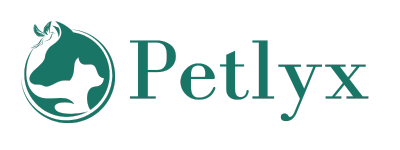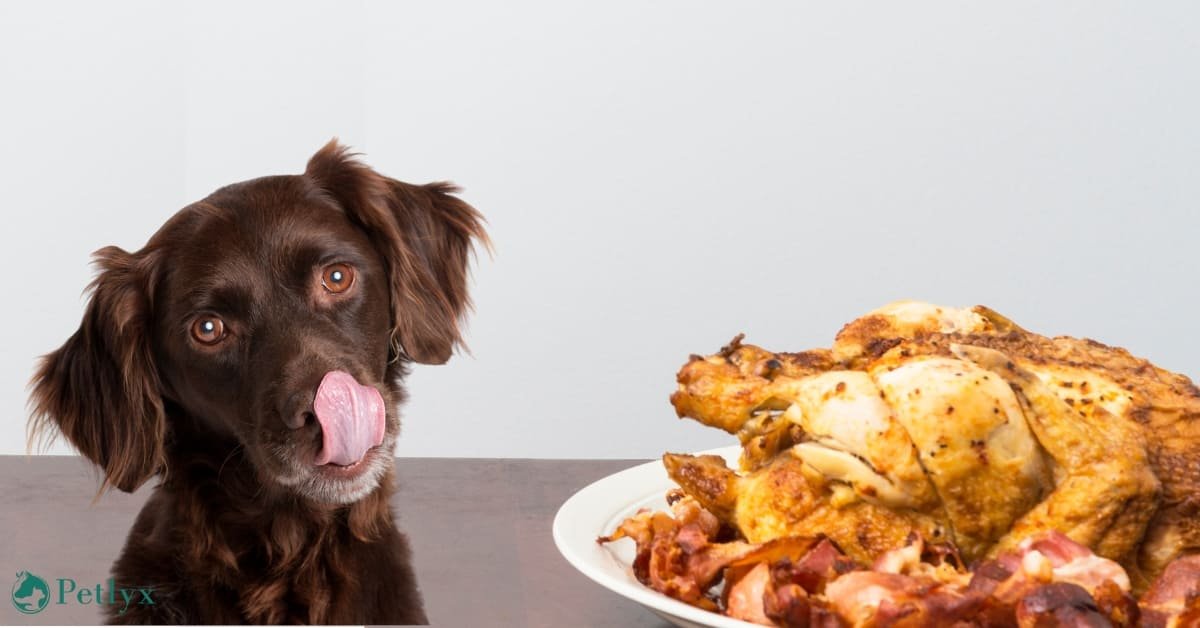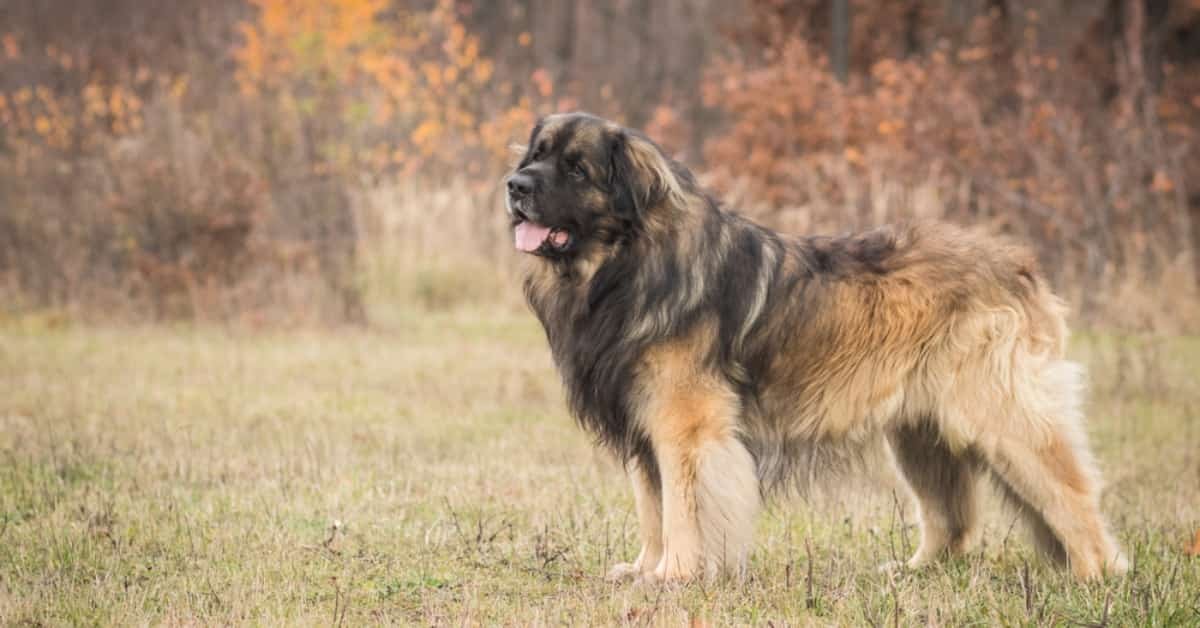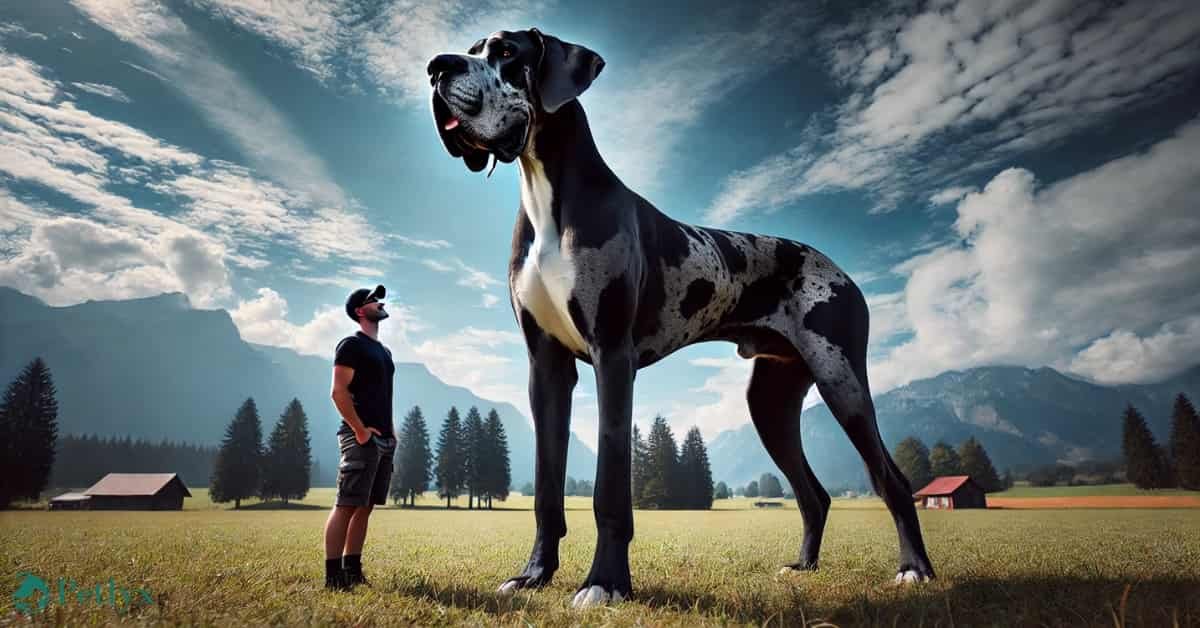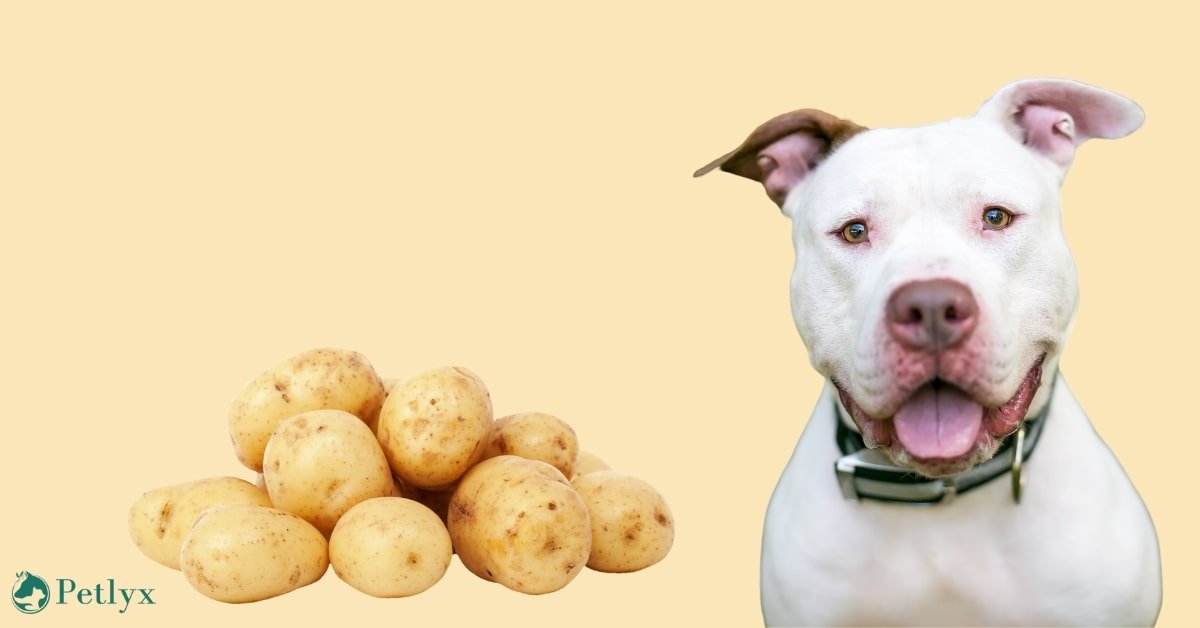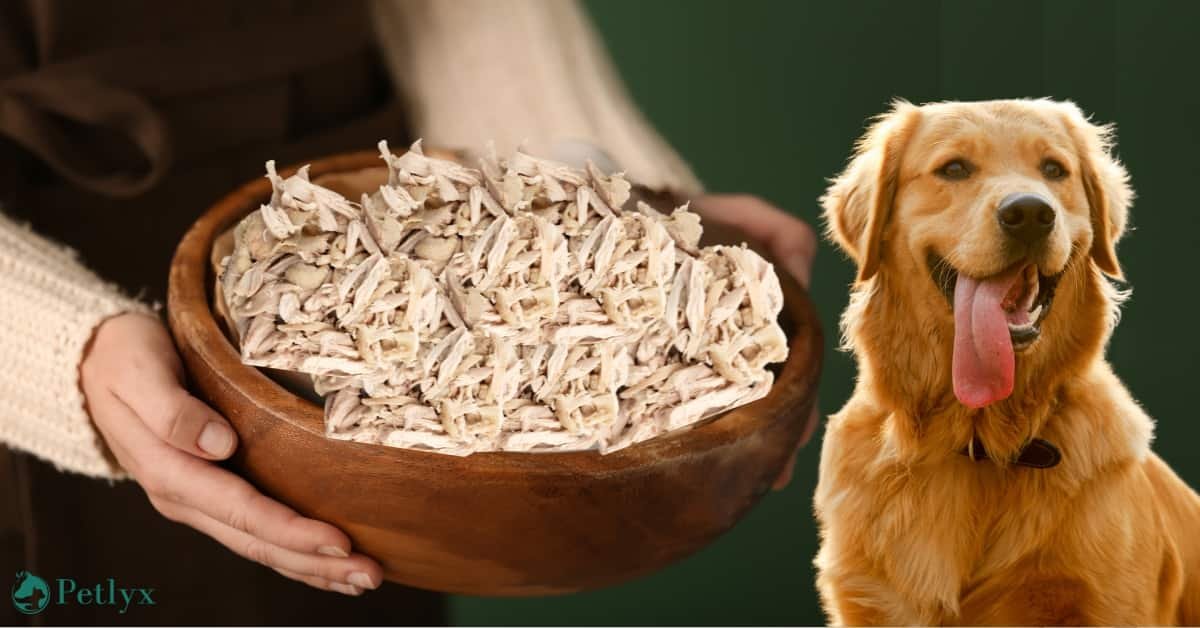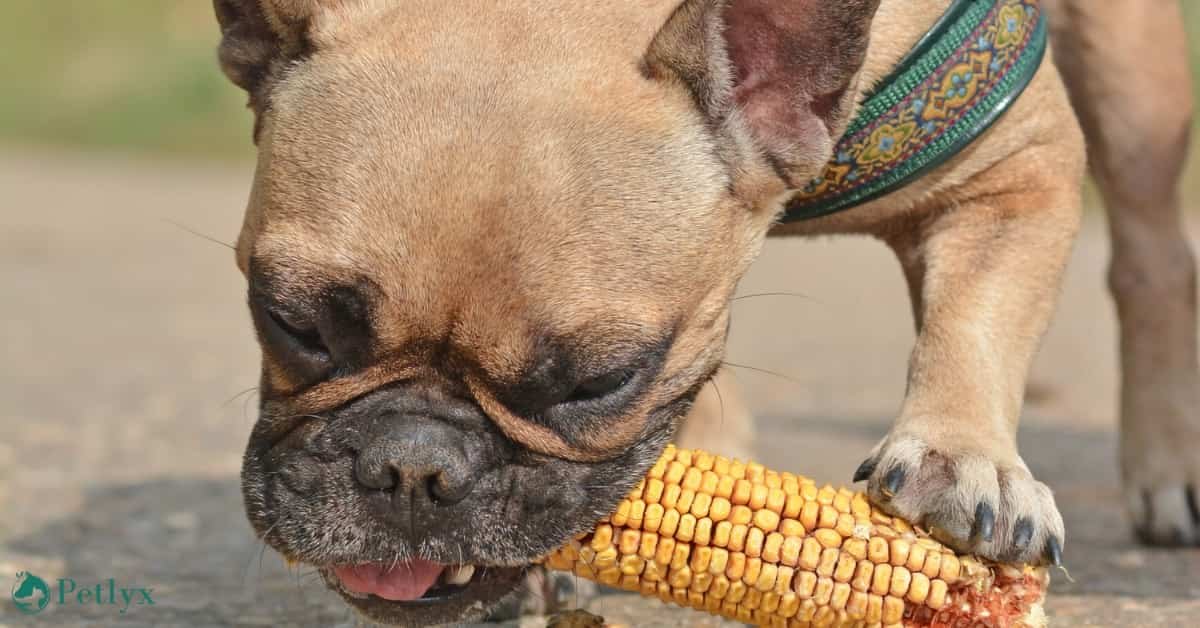Milk has always been one of the most adored drinks and widely used ingredients across kitchen confections for ages. Without milk, you can not have enough sweet dairy products and most of the desserts, sweets and bakery items. Even some food and spicy dishes make use of milk. Sounds rather important, right? Well, there is more! Milk is essential for growth in children and their bones. So is it equally important for our furry friends? Many dog owners wonder can dogs drink milk so let’s find out here!
Is Milk Safe for Dogs?
Usually, milk isn’t toxic to dogs. It’s not the best option for them, either. Some dogs can drink milk without any problems. Others may not be able to do so. The ability of a dog to digest lactose determines whether or not the dog can handle milk and other dairy products.
Lactose intolerance in dogs:
A good number of dogs, quite a few, are lactose intolerant, meaning they do not possess the necessary enzyme that helps break down the lactose sugar molecules present in milk. If a lactose-intolerant canine were to be fed milk, it could result in gastrointestinal complications such as diarrhea, gas, and bloating.
Signs of Lactose Intolerance in Dogs
To know whether your dogs are lactose intolerant or not, you should keep a close eye on their behavior after feeding them dairy products. Try to look out for any of the symptoms mentioned below:
- Loose or watery stools
- Vomiting, which may or may not be repeated
- Abdominal pain and or distension
- Excessive Flatulence
If you catch any of these symptoms in your dog after feeding thing milk, you should stop and contact your vet first.
Do Puppies Need Milk?
Normal puppies normally do not have lactose problems because most puppies feed on their mother’s milk from birth and it carries all the necessary nutrition needed for their growth. As puppies are weaned off their mother’s milk, they begin to lose the enzyme called lactase that is necessary to digest lactose. In the case that the mother is unavailable or incapable of breastfeeding the child, then a puppy milk replacer should be used and not cow’s milk. It should be one that is tested and approved for puppies.
Can Dogs Have Milk?
After ensuring your dog is not lactose intolerant, it is best to know which kind of milk suits the dog the best. Some options are more advisable than others:
- Cow Milk is the most common type of milk on the market. The only downside is that not everyone can digest it, as it contains a high amount of lactose.
- Goat’s Milk seems best suited for pets, as dogs find it easy to digest, considering its low levels of lactose.
- Lactose-free Milk is suitable for those dogs that cannot digest lactose, but this should still be limited.
- Plant-based Milk (Almond, Soy, Oat) depends on your dog and should be given in moderation after consulting your vet. Almond milk is caloric which is not good for obese dogs, soy is known to provoke allergic reactions, and some plant milks contain unhealthy additives.
How Much Milk Should You Give Your Dog?
If your dogs are not lactose intolerant, you can safely give them small quantities of milk as a treat occasionally. However, too much of it can cause weight gain or nutritional deficiencies, so you should avoid that.
A few tablespoons of milk from time to time can be okay, but it should not be used regularly.
Healthier Alternatives to Milk
There are several better alternatives to milk if you want a tasty reward or want to help your dog’s hydration.
- Water
- Bone Broth
- Unsweetened Dog-Safe Yogurt
Conclusion
So, can dogs drink milk? It is not dangerous in itself, but most dogs are lactose intolerant and may suffer consequences for consuming it. If your dog does not suffer afterwards, a very small amount of milk every now and then should not be harmful. Water should always be the main source of hydration, and other drinks should only be used as an occasional treat. We hope this article was helpful. Keep searching with Petlyx because we have every pet solution!
